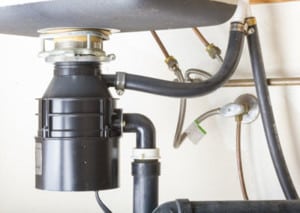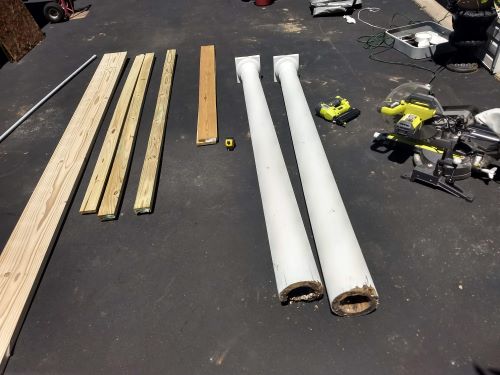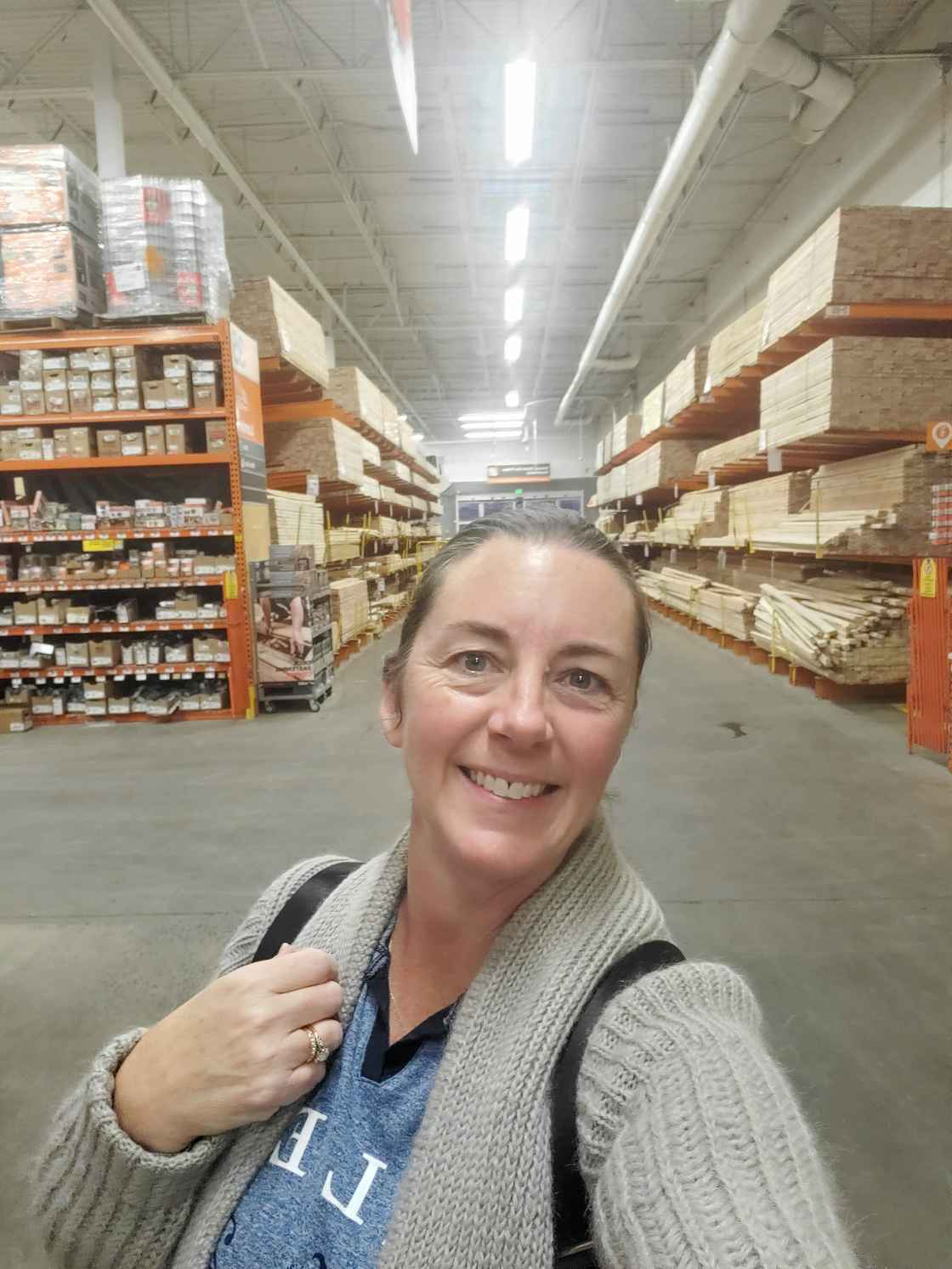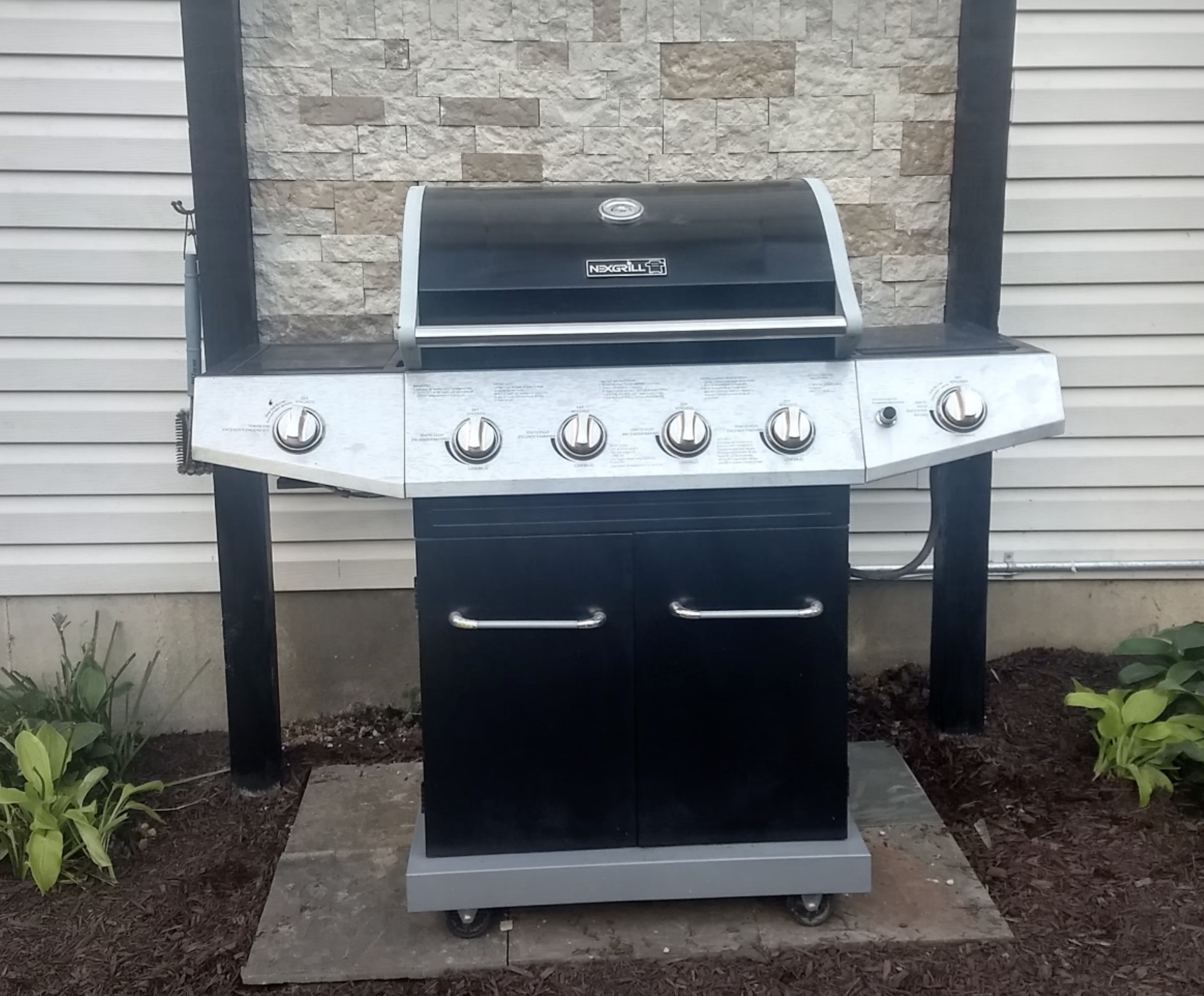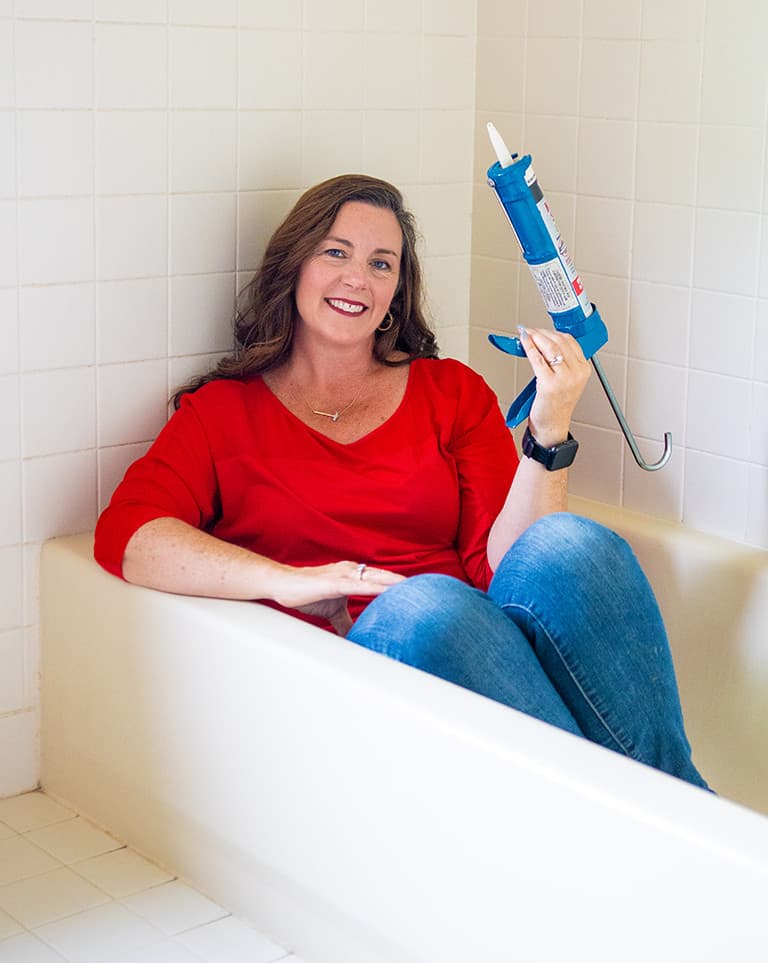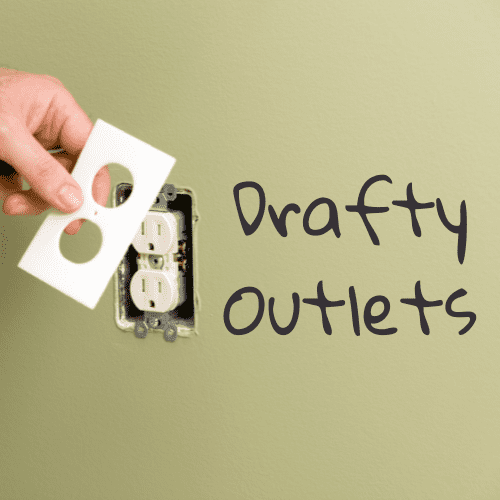A few weeks back, my morning shower was rudely disrupted by the lack of hot water. At bedtime the evening before, the water seemed a bit tepid but by the next morning it was just gone. Of course, DIY appliance repair was not out of my reach. I just had to trouble shoot on my own before I would wave the flag of surrender and call a plumber.
With the help of a customer service agent at GE, I determined that an ignition starter had failed and needed to be replaced. It was under warranty, would be sent overnight and I just saved hundreds of dollars. WooHoo! I was not, however, going to install the part myself. This part was tied to the gas line and that is something you need to leave to the pros. I set up an appointment with my plumber and it cost me $80. Because I looked into the issue myself before calling a plumber, I save myself two house calls – one to diagnose the problem and one to repair after parts were gathered. Since I called the manufacturer, I got a $200 part free. A devious serviceman could easily tell a homeowner that the part was not under warranty and charge for it. Moral of the story: be your own advocate!
Here are a few of my tips for hot water heaters and other appliances in general.
- Keeping manuals and receipts for your large appliances is key .
- Register your purchases promptly after install. My hot water heater was three years old and still under warranty. I had documentation to verify this and parts were fully covered.
- If able, cut and save the upc code and model numbers off the carton and store with receipts
- Know where to locate the model number and serial number on the unit.
- Understand the basics of how your unit works. Is it a gas, electric, or tankless system?
- Know where circuit breaker switches are for your unit and check if it is tripped (turned off).
- Know where the pilot light for the unit is located and how to reset it or relight it as needed.
- Understand the hazards of having a gas powered unit (such as, what to do if you smell gas) and know where the emergency gas shut off is located. Teach your family members this too!
- Read and follow safety precautions posted on the unit.
- Read directions on how to adjust thermostat for the water and set it properly to avoid burns. A temperature of 120* is most recommended.
- Do not tamper with valves and drains unless you are sure of what you are doing.
- Always hire a licensed and insured serviceman. You may pay a few bucks more than that “under the table friend of a friend” but it pays to have professionalism and accountability.
By being a savvy consumer, you, too, can be proactive in home repairs to save your money and your time. The sense of control and empowerment alone is priceless!


